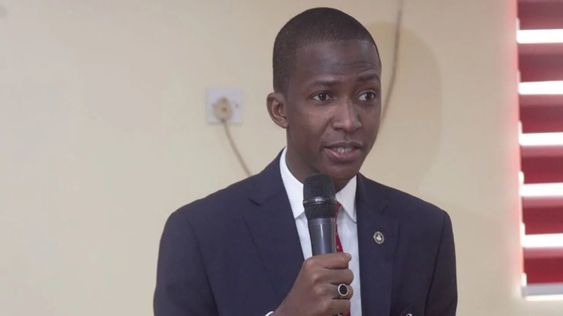Headlines
2023: EFCC is keeping tabs on politicians’ spending

The Economic and Financial Crimes Commission, or EFCC, has said that it is keeping a close eye on how top politicians spend their money as they ramp up their campaigns for the general elections in 2023. This is to make sure that they don’t use money to try to sway the election.
The head of the EFCC, Mr. Abdulrasheed Bawa, said that the commission is careful not to question some of them so that it doesn’t look like it’s looking for political witches.
He acknowledged that the commission has already received several petitions against important political figures, which the anti-graft body is currently carefully reviewing.
Confirming the development, he said the EFCC’s Petition Vetting Desk/Committee, which is made up of experienced officers from the Legal Department and those trained to investigate such petitions, is currently reviewing these petitions to determine whether they have merits that will warrant prosecution. He made the announcement on Thursday while participating in the weekly briefings organized by the Presidential Media Team at the State House, Abuja.
Bawa emphasized that the anti-graft organization he leads is prepared to work for Nigerians’ interests without fear or favor, and that the EFCC is working on every petition that has been directed to it to determine the authenticity of such a petition.
Bawa merely replied, “My worry is, at this hour, do you want us to start inviting all the presidential candidates to come to our office to make statements?” when asked if the EFCC has received any petitions against any of the 18 contenders vying to hold the presidency by 2023. The same media will claim that it has political motivations.
So, we’re not making it political. Instead, we’re working behind the scenes to look at the petitions we’ve received and figure out which ones are valid.
“That’s another reason why we have what we call a “Petitions Vetting Desk/Committee’ made up of knowledgeable members of the Legal Department and investigators who would examine these petitions to see if they are in line with our own mission before recommending whether they be prosecuted by the EFCC.”
As we also have criteria that have even been publicly announced to guide petitioners on the requirements to make a petition valid, there are also benchmarks, so to speak, that guide our procedures, you know, in terms of approving or rejecting petitions.
